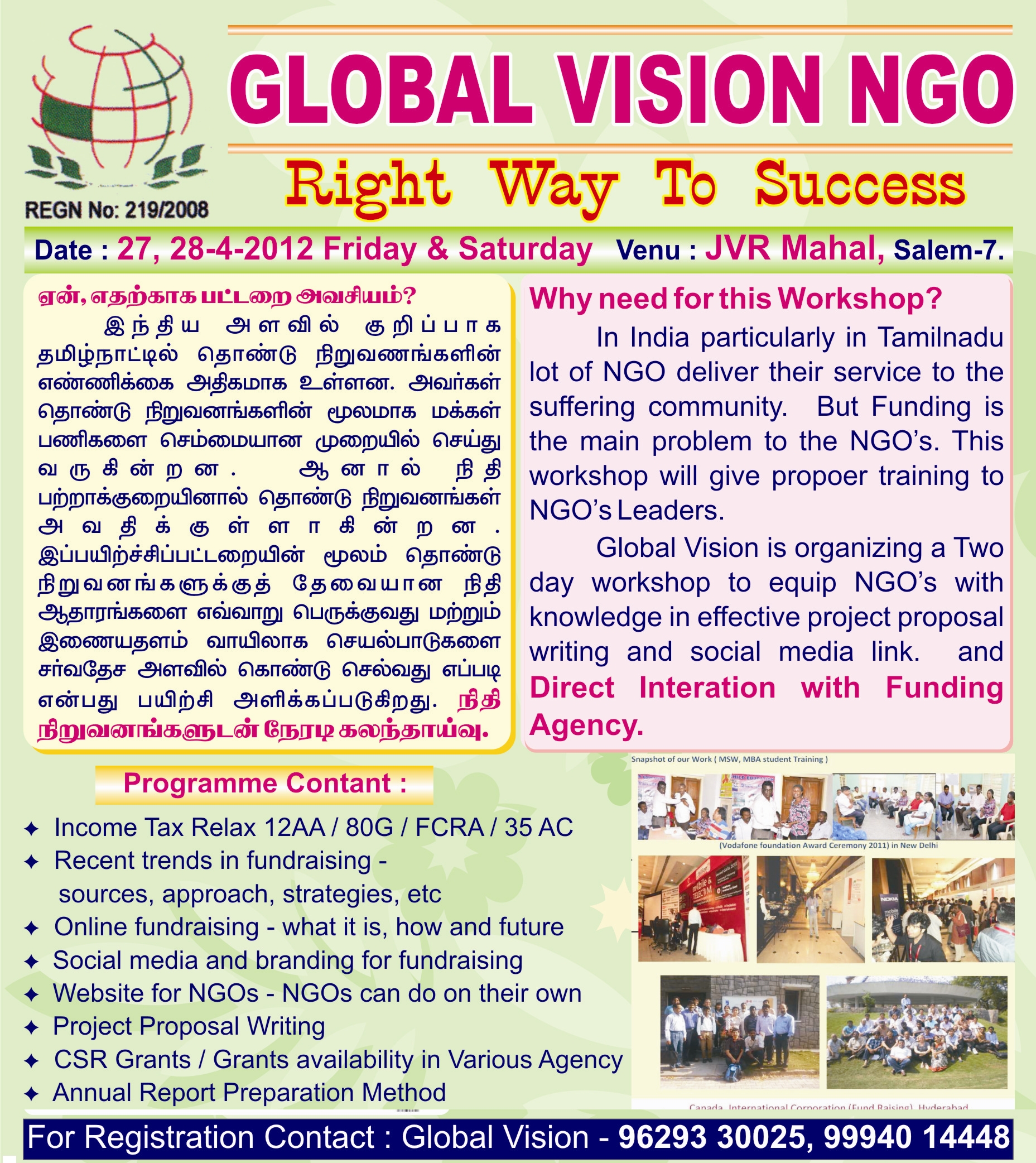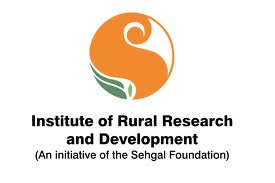Society, Culture, Religion and History
Microfinance institutions get away with farmer suicide abetment charges: Police close a third of the cases in Andhra Pradesh
Posted on 27 Apr, 2012 12:43 PMArticle Courtesy : Down to Earth
Author : M Suchitra
Sikkim’s organic farming to feature in Satyamev Jayate, Aamir Khan’s first television project on DD1
Posted on 27 Apr, 2012 11:36 AMArticle and Image Courtesy : iSikkim
Global Vision NGO organizes two day workshop on effective project proposal writing and social media links in Salem, Tamil Nadu, 27- 28 April 2012
Posted on 24 Apr, 2012 10:20 AMArticle Courtesy : Global Vision NGO

Exploring the spatial associations between census based socioeconomic conditions and remotely sensed environmental metrics in Assam, North East India – A study by Gary R Watmough
Posted on 23 Apr, 2012 01:50 PMPast studies have found associations between land and poverty, however these studies are usually focused on small areas using ground based studies.
Critical review of the impacts, challenges, prospects and conflict management for vitally needed inter-linking of rivers in India
Posted on 23 Apr, 2012 12:17 PMGuest post by : Er. Radhey Shyam Goel
1. Introduction
Appointment of young professionals as Prime Minister's Rural Development Fellows - Some questions
Posted on 23 Apr, 2012 11:19 AMThe critics of the PMRDFS have already started asking questions as follows:
Conference on" Rural voices-Unheard to empowered", Institute of Rural Research and Development (IRRAD), May 3-4 2012, at Gurgaon
Posted on 23 Apr, 2012 11:06 AMOrganiser: IRRAD
Venue: IRRAD Auditorium
Plot No. 34,
Sector 44,
Institutional Area,
Gurgaon 122003
Haryana, India

The sanitation crisis in India - An urgent need to look beyond toilet provision
Posted on 18 Apr, 2012 12:14 PMGuest post by: Aarti Kelkar-Khambete
Image Courtesy: Wikimedia Commons
The sanitation crisis and the recent evidence on lack of toilet facilities
Rohini Nilekani, Chairperson of Arghyam announces transition in leadership: Jayamala Subramaniam to take over from 1st June, 2012
Posted on 13 Apr, 2012 05:44 PMShe comes to Arghyam with a background in the corporate and not for profit sectors, both in India and abroad. She has a record of achievement in taking initiatives to scale in the financial and education sectors and substantial experience as a coach and mentor.
"Resources, tribes and the State" - A report on an international seminar, organized by the Arunachal Institute of Tribal Studies at Itanagar, Arunachal Pradesh, in February 2012
Posted on 11 Apr, 2012 04:10 PMGuest post by: Raju Mimi





